Schools in the US Plan Defenses Against Potential Immigration Raids
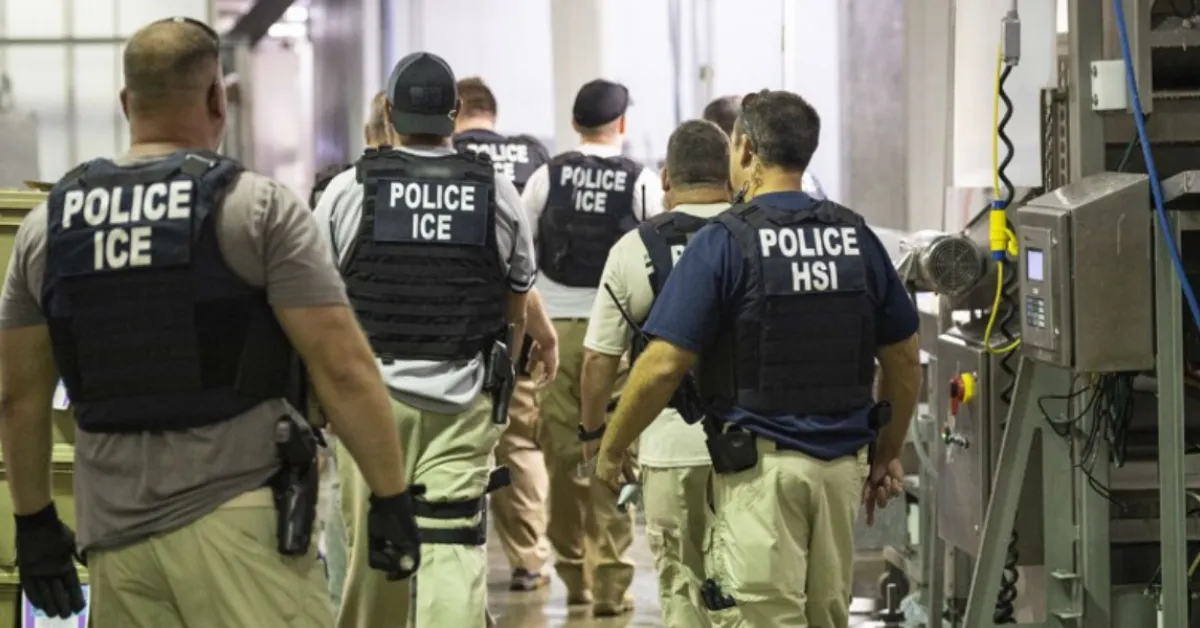
As President-elect Donald Trump prepares to take office, educational institutions across the United States are reviewing their protocols in light of his campaign promises to deport significant numbers of undocumented immigrants.
In response to heightened concerns among immigrant families, schools in major cities are reaffirming their commitment to safeguarding the rights of all students, irrespective of legal status. Many institutions have publicly declared their intent not to cooperate with Immigration and Customs Enforcement (ICE) agents. In California, state officials have issued comprehensive guidelines to educators that outline state laws restricting local participation in immigration enforcement.
California Attorney General Rob Bonta has acknowledged the widespread anxiety regarding anticipated immigration policy changes under the incoming administration and has emphasized the need for preparedness among students, parents, teachers, and school administrators. The state's 54-page guide details both state and federal protections available for students, offering explicit procedures to follow in the event of law enforcement requests concerning immigration matters.
This proactive approach echoes a broader movement within communities that previously debated the extent of cooperation between schools and immigration authorities during Trump’s initial term. Notably, school systems in cities like Chicago have taken a strong stance against immigration enforcement. Historically, ICE and Customs and Border Protection agents have avoided arrests in sensitive locations, such as schools and medical facilities, following established guidelines.
However, the prospects of policy changes under Trump’s administration have reignited concerns. The California guidance highlights that while the protected area policy is currently in place, it may be subject to modification or revocation with little notice. As a result, local educational agencies are encouraged to devise contingency plans concerning potential law enforcement inquiries.
According to the Migration Policy Institute, there are approximately 733,000 school-aged children in the US who are undocumented. In light of this, educators are actively working to reassure immigrant families that their children are welcome and safe within their schools. Des Moines Public Schools, where 25% of students are English language learners, recently reaffirmed a resolution from 2017 that restricts interactions with ICE officials to the district superintendent.
The district underscored the detrimental impact that fear of deportation can have on students’ well-being, educational attendance, and overall learning.
In November, the Chicago Public Schools Board of Education passed a resolution explicitly stating that schools would not assist ICE in enforcing immigration laws, prohibiting agents from entering schools without a criminal warrant. Similarly, New York City has reminded school principals of district policies that include prohibitions against collecting information on students’ immigration status.
In Vermont, Principal Chris Young of North County Union High School emphasizes the district’s longstanding policy requiring law enforcement to present a warrant for student access. Young, also the president-elect of the Vermont Principals Association, highlights the importance of maintaining schools as safe havens for all students, particularly those concerned about potential deportation.



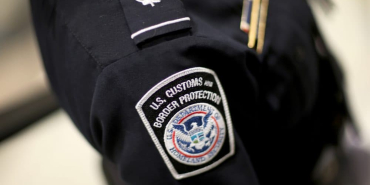

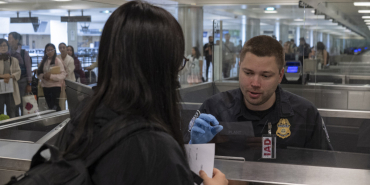
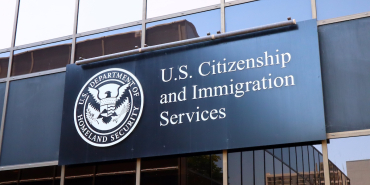
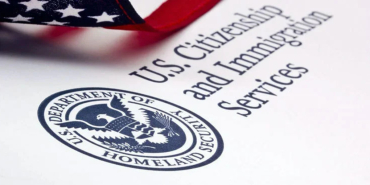
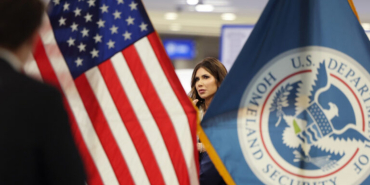





Add new comment